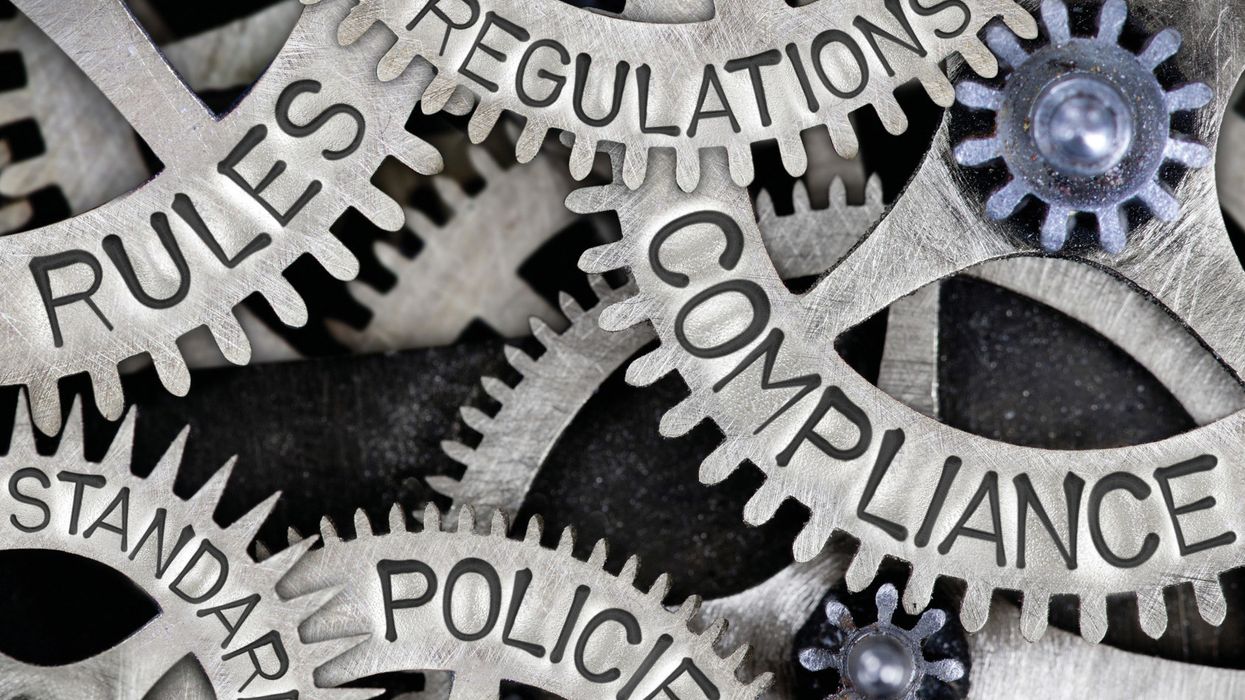Middle managers are rising to the top (or did they have the power all along?)
The middle manager role has often been the punchline of jokes or the buffoon character in sitcoms. It’s traditionally been a position that hasn’t received the respect it deserved. That tide is beginning to shift.
Fifty-one percent of the Chief Human Resource Officers (CHRO) said that their focus this year is on leadership and manager development, according to the SHRM 2025 CHRO Priorities and Perspectives report.
Companies are realizing that middle managers are uniquely positioned to have a read on the workforce and the ability to impact culture, while strategizing with executives on the broader company vision.
The ‘Glinda’ effect
Glinda the Good Witch in the classic movie “The Wizard of Oz” is the motivational speaker that all workplaces could learn from.
She famously boosted the lost and frightened Dorothy’s self-confidence by telling her that she had the “power all along.” Middle managers (like Dorothy), perhaps, have had the power all along, too. That power might include:
- The power to positively affect employees by providing supportive feedback,
- The power to create real-time change through clear and timely communication of information, and
- The power to make a difference by modeling positive behavior and working to resolve minor conflicts before they become serious problems.
As middle managers are coming into their own power, companies are responding.
Empowering middle managers
To get the ball rolling on maximizing your middle managers' capabilities, here are three focus areas to consider:
- Uplift and update the role. Get rid of old points of view about what being a middle manager means. Replace it with a modernized approach that focuses on the value they bring to an organization with their direct impact on people. They’re in the driver’s seat when it comes to culture and environment.
- Train middle managers. Some people skills might come naturally. Everything else that middle managers need to successfully do their jobs requires an investment in ongoing training.
- Increase communication. Make it a regular habit to listen to what middle managers are saying. Surveying them on a regular basis gives the company a sense of the challenges they face that could impact the company as a whole.
Key to remember: Middle managers play a crucial role in organizations. Employers should invest time and resources in empowering them.

























































